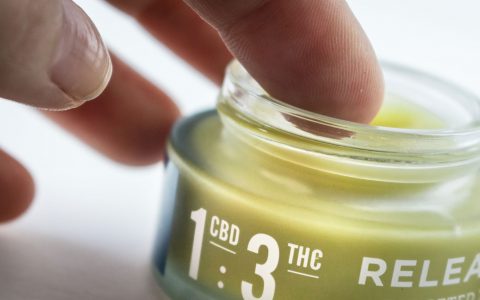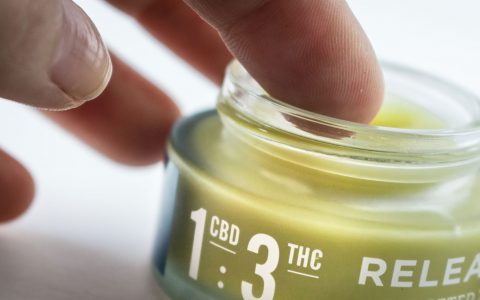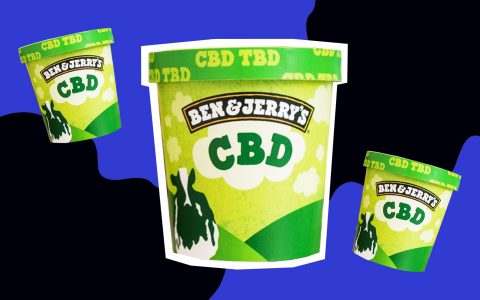The second wave of legalization will see three new classes of cannabis products become available to Canadians before the year is out.
In a teleconference with media outlets today, Health Canada unveiled their final plans to regulate cannabis edibles, extracts, and topicals. Coming into effect on October 17, 2019, the regulations provide a comprehensive set of rules that will govern the production and sale of those products.
Here’s Leafly’s recap on the important things we learned today.
Edibles not expected for sale until late 2019
Health Canada confirmed that edibles, extracts and concentrates will likely not be available for sale until mid-December 2019. That’s because of a rule that requires cannabis processors to give 60 days’ notice to Health Canada of any products before they are made available for sale through provincially-authorized retailers.
While some products will hit store shelves before 2019 wraps up, a slow rollout is expected, so don’t expect too many, if any edibles and concentrates available before Christmas.
CBD escapes regulation
CBD and cannabidiol-containing products are considered cannabis under the Cannabis Act, but will not be subject to the same limitations as THC. Per the new regs, only 10mg of THC will be permitted per package of edibles. Meanwhile, extracts and concentrates will be limited to 1000mg per bottle.
CBD remains largely unregulated, meaning we could see companies specializing in high-CBD products.
New warning labels
The new regulations will also see changes to warning labels on THC products.
Claims required to be shown on labels contain statistics, such as that 1 in 11 people who use cannabis will become addicted, and up to 1 in 2 people who use cannabis daily will become addicted.
While the messaging will not be removed completely, they will be toned down significantly. Some warnings continue to be required on labels, but starting on October 17, 2019, numerous claims will be removed.
Gone too are claims that babies born to cannabis-consuming mothers may result in a low birth rate. A statement on the risks of schizophrenia has also been removed.
No To Cannabis Ice Cream
Last week, Ben and Jerry’s mused about the possibility of releasing CBD ice cream, but Canadians might not be privy to such icy delights.
The regulations specify that edibles will need to be shelf stable, which rules out perishable products and effectively means that commercial cannabutter and ice cream won’t be allowed.
Big Surprise = No Surprises
All in all, the biggest surprise is, well, that there were no surprises. Health Canada released draft regulations in December, and save for some minor changes, many of the proposed regulations stand.
The industry had speculated whether the 10mg hard cap would be eliminated from edibles, and it survived.
Industry groups had wanted Health Canada to remove the requirement that cannabis products be produced in facilities separate from other food facilities, but that too made it into the final version.
Perhaps the biggest surprise is that Health Canada was able to implement considerations from public consultations—approximately 7000 submissions—in such a timely manner.
As the first country to regulate the sale of cannabis edibles to all adults, it was never in doubt they would place hefty limits on industry and its products, but it’s always a delicate task to find balance and accommodate the perspectives of different stakeholders.





